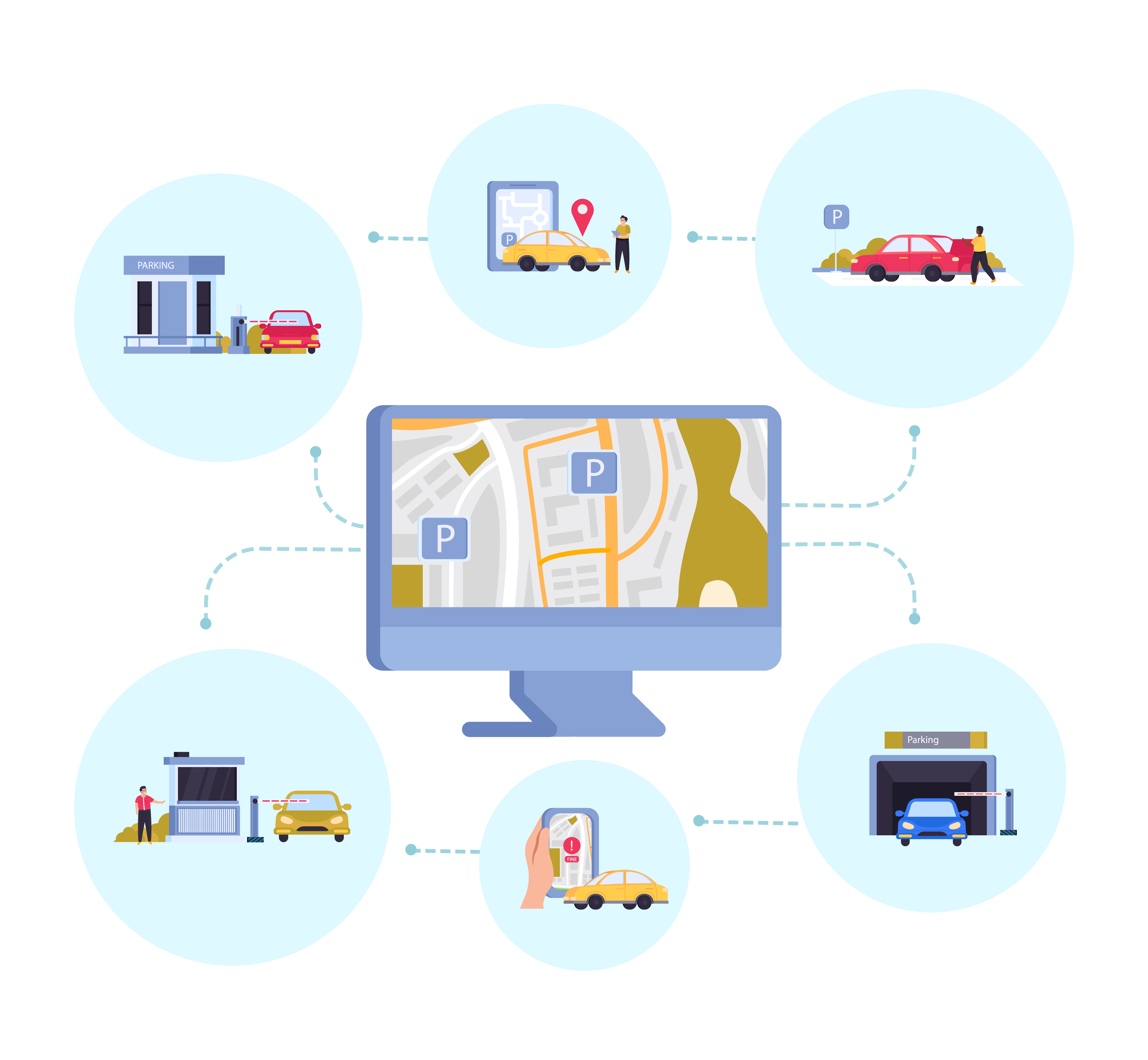In today’s fast-paced and highly competitive business environment, efficient logistics and transportation management is crucial for success. Companies of all sizes are increasingly turning to Transportation Management Systems (TMS) to streamline their operations, reduce costs, and improve overall efficiency. But what exactly is a TMS company, and why does your business need one? This blog will delve into the essentials of TMS companies and highlight the key benefits they bring to businesses.
What is a TMS Company?
A TMS company provides software solutions that help businesses plan, execute, and optimize the physical movement of goods. The core function of a TMS is to manage and streamline transportation operations, ensuring that shipments are delivered efficiently and cost-effectively. TMS companies offer a range of services, including route planning, carrier selection, freight audit and payment, shipment tracking, and reporting.
TMS software integrates with other business systems, such as Enterprise Resource Planning (ERP) and Warehouse Management Systems (WMS), providing a seamless flow of information across the supply chain. This integration enables businesses to gain better visibility and control over their transportation operations, leading to improved decision-making and operational efficiency.
Key Features of a TMS
A comprehensive TMS offers a variety of features that address different aspects of transportation management:
- Route Planning and Optimization: TMS software uses advanced algorithms to calculate the most efficient shipment routes, considering factors such as distance, delivery windows, and traffic conditions.
- Carrier Management: A transportation management system (TMS) enables businesses to efficiently manage relationships with multiple carriers, compare rates, and choose the most suitable carrier for each shipment based on cost, service level, and performance history.
- Freight Audit and Payment: TMS software automates the auditing of freight invoices, ensuring that charges are accurate and compliant with contracts. It also facilitates timely and accurate payment processing.
- Shipment Tracking: Real-time tracking capabilities provide visibility into shipment status and location, enabling businesses to monitor progress and promptly address any issues.
- Reporting and Analytics: TMS software generates detailed reports and analytics on transportation performance, costs, and other key metrics, helping businesses identify trends, measure efficiency, and make data-driven decisions.
Why Your Business Needs a TMS Company
Implementing a TMS offers numerous benefits that can significantly impact your business’s bottom line. Here are some of the key reasons why your business needs a TMS company:
- Cost Savings
One of the most compelling reasons to invest in a TMS is the potential for cost savings. A TMS helps businesses optimize routes, select the most cost-effective carriers, and reduce fuel consumption. By automating freight audit and payment processes, a TMS ensures that businesses only pay for accurate and legitimate charges, eliminating overpayments and reducing administrative costs. These savings can add up quickly, improving your company’s profitability.
- Improved Efficiency
A TMS streamlines transportation management by automating manual processes and providing real-time visibility into shipments. This reduces the time and effort required to plan, execute, and monitor transportation activities. With a TMS, businesses can manage multiple carriers and modes of transport more efficiently, reducing delays and improving delivery times. The ability to quickly access and analyze transportation data also enables businesses to identify inefficiencies and implement corrective actions promptly.
- Enhanced Visibility
Visibility is critical for effective transportation management. A TMS provides real-time tracking and status updates for all shipments, allowing businesses to monitor progress and address issues before they escalate. This enhanced visibility helps businesses ensure that shipments are delivered on time and in good condition, improving customer satisfaction. It also enables better communication and collaboration with carriers, suppliers, and customers.
- Better Decision-Making
With a TMS, businesses have access to detailed reports and analytics on transportation performance, costs, and other key metrics. This data-driven insight helps businesses make informed decisions about carrier selection, route planning, and other transportation-related activities. By understanding trends and identifying areas for improvement, businesses can develop strategies to enhance efficiency and reduce costs.
- Scalability and Flexibility
A TMS provides the scalability and flexibility needed to adapt to changing business needs. Whether your business is expanding into new markets, adding new carriers, or handling increased shipment volumes, a TMS can easily scale to accommodate these changes. The ability to customize TMS features and integrate with other business systems also ensures that the solution can evolve with your business, supporting growth and innovation.
- Regulatory Compliance
Compliance with transportation regulations is essential for avoiding fines and penalties. A TMS helps businesses stay compliant by providing tools for managing documentation, tracking regulatory changes, and ensuring adherence to industry standards. This lowers the risk of non-compliance and safeguards your business from possible legal issues.
Conclusion
The benefits of implementing a TMS are significant, including cost savings, improved efficiency, enhanced visibility, better decision-making, scalability, flexibility, and regulatory compliance. By partnering with a TMS company, your business can gain a competitive edge in the market, improve customer satisfaction, and achieve long-term success. If you haven’t yet considered a TMS for your business, now is the time to explore the possibilities and take your transportation management to the next level.






